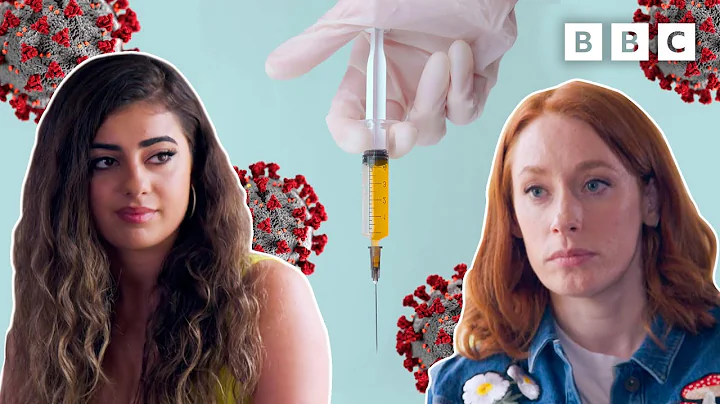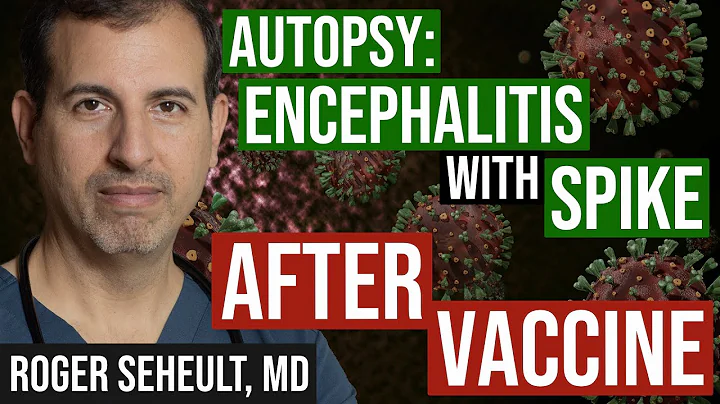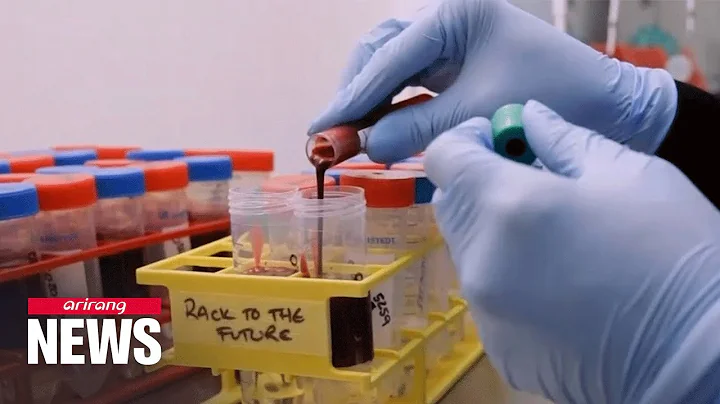Recently, the topic #HPV vaccine three shots can only be given one shot# has been on the hot search, attracting the attention of many people who are rushing for the vaccine or planning to start vaccination.
From April 4 to April 7, 2022, WHO stated on its official website that "one shot of the human papillomavirus (HPV) vaccine can effectively prevent cervical cancer and is equivalent to two or three shots of the vaccine. The protective effect is equivalent."
According to the specific content released by the WHO, the recommended vaccination dose plan for HPV is as follows:
9-14-year-old girls (the main group) can be vaccinated with one dose or two doses;
15-20-year-old young women can be vaccinated with one dose. One or two doses;
Two doses (6 months apart) for women over 21 years of age;
Immunocompromised individuals, including HIV-infected individuals, should receive three doses if feasible, otherwise at least two doses.
This WHO recommendation is actually to solve the problem of low global popularity of HPV vaccines, and also to enable 90% of girls to be vaccinated before the age of 15 by 2030. It can also alleviate global supply pressure.
So, can one shot of HPV vaccine really replace three shots? In addition to vaccination, what are other ways to prevent cervical cancer? Let’s see together.
1
What is cervical cancer?
Cervical cancer is the second most common malignant tumor in gynecology, with an incidence rate second only to breast cancer . The highest incidence age is 50-55 years old, but in recent years, there has been a trend of getting younger and younger, and the disease is more and more common before the age of 30.
Although cervical cancer has a high mortality rate, it is the only malignant tumor with a clear cause that can be prevented and screened early.
2
What is the relationship between HPV and cervical cancer?
HPV is human papillomavirus , which can cause squamous epithelial hyperplasia of human skin and mucous membranes. More than 96% of cervical cancer patients are infected with HPV.
Currently, more than 200 different subtypes of HPV viruses have been isolated.
According to the level of risk, subtypes with a high risk of cancer are called high-risk types, and subtypes with a low risk of cancer are called low-risk types.

Low-risk HPV viruses can cause flat warts , genital warts and other diseases. High-risk viruses can cause cervical cancer in women and penile cancer , anal cancer and prostate cancer in men. The most common are high-risk HPV-16 and HV-18, accounting for more than 87% of all cervical cancers. Therefore, if you are infected with HPV types 16 and 18, you must pay close attention to it.
German virologist Harald Zur Hausen was the first to discover a clear causal relationship between HPV and cervical cancer, and laid the foundation for cervical cancer vaccine , making cervical cancer truly preventable. disease.
3
High-risk groups for cervical cancer?
The main way of HPV infection is sexual transmission, so people who have sex earlier and have more sexual partners are more likely to be infected;
In most cases, HPV can be cleared by the body's immune system and heal itself, but people with low immune function will Repeated infections may cause cancer; people with a family history of cervical cancer, endometrial cancer, vaginal cancer, or vulvar cancer are more likely to develop the disease.
Women who have had sexual intercourse for more than three years should undergo cervical HPV testing; and women should also undergo regular physical examinations to achieve early detection and early treatment.

4
How to effectively prevent cervical cancer?
Cervical cancer is divided into primary prevention and secondary prevention.
HPV vaccination is the primary preventive measure for cervical cancer.
HPV vaccines are divided into bivalent, quadrivalent and nine-valent vaccines:

(1) At what age is vaccination effective?
The earlier the vaccination, the better the effect. If vaccinated before the age of 17, the risk of cervical cancer is reduced by 88%. HPV vaccine immunization is most effective in individuals who are not infected with HPV, and the best time to vaccinate is before the individual has sexual intercourse for the first time.
(2) Can one shot achieve the same immune effect as three shots?
still lacks strong clinical research evidence.
All current HPV vaccine instructions and the guidelines or consensus of most countries mention that it is best to give 2-3 injections.
replaces the current consensus with 1-2 injections, and more clinical research is needed to support it.
Cervical cancer screening is a secondary prevention measure, including cervical TCT examination and HPV examination .
TCT examination refers to liquid-based thin-layer cell detection, which detects cervical cells and performs cytological classification diagnosis. HPV tests for viral infection, and TCT tests for abnormal changes in cervical cells. Through the combination of the two, early detection and diagnosis can truly be achieved.
HPV vaccination can reduce HPV infection from the source, but HPV vaccination cannot 100% prevent the occurrence of cancer , let alone prevent the progression of existing related diseases. Therefore, as long as women who have had sex for more than 3 years or are 25 years old The above women, regardless of whether they have received the HPV vaccine, still need to undergo regular cervical cancer screening.

5
Are there any adverse reactions after HPV vaccination?
Adverse reactions after HPV vaccination are similar to those of other conventional vaccines, such as pain, swelling, and erythema at the injection site. A few have systemic reactions such as fever, dizziness, nausea, etc. The symptoms are usually mild and can be relieved within a short period of time. If you have been allergic to other vaccines in the past, you should inform your doctor in advance and seek medical advice promptly if you experience an allergic reaction.
Source: Popular Science China (ID: Science_China)
Expert for this article: Deng Xin, Peking Union Medical College, MD
Producer: Mou Yanqiu Cheng Miao Editor: Gu Peng
Proofreading: Liang Tiantian Zhang Lingling






















